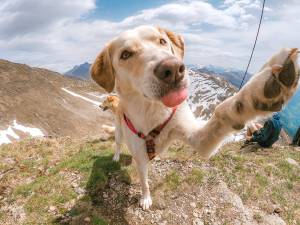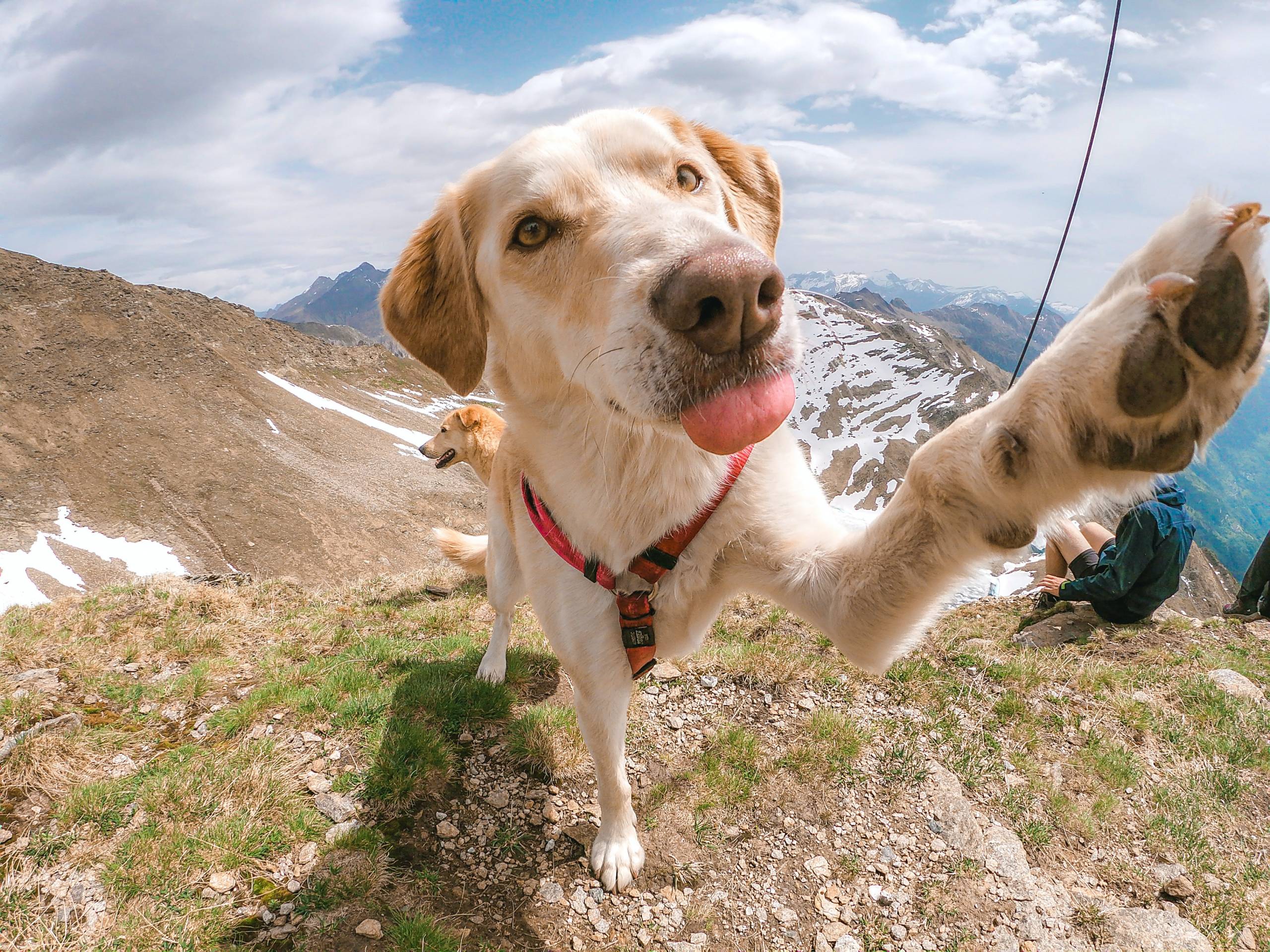
Understanding the Causes of Dog Diarrhea
First and foremost, it’s important to recognize that dog diarrhea can stem from a range of causes. These may include dietary indiscretion, sudden changes in diet, bacterial or viral infections, food allergies, stress, or underlying health issues. Understanding the potential causes can help you identify the most appropriate course of action to address your dog’s condition.
Assessing Your Dog’s Health
When your dog experiences diarrhea, it’s crucial to monitor their overall health and behavior. Keep an eye on their water intake, energy levels, and appetite. If your dog’s diarrhea persists for more than a day or is accompanied by other concerning symptoms such as lethargy, vomiting, or blood in the stool, it’s imperative to seek veterinary attention promptly.
Home Care for Dog Diarrhea
Depending on the severity of your dog’s diarrhea, home care may be an effective initial approach. Ensure your dog has access to plenty of fresh water to prevent dehydration. You might consider offering a bland diet, such as boiled chicken and rice, to soothe your dog’s digestive system. It’s important to gradually reintroduce their regular diet once their stool begins to firm up.
Veterinary Guidance and Treatment
If your dog’s diarrhea persists or worsens, seeking professional veterinary guidance is vital. A veterinarian can conduct a thorough examination to determine the underlying cause of the diarrhea and recommend appropriate treatment. In some cases, medication or specific dietary changes may be necessary to address the issue effectively.
Preventing Future Episodes of Dog Diarrhea
Once your dog has recovered from diarrhea, it’s crucial to take preventive measures to minimize the likelihood of future episodes. This may involve maintaining a consistent and balanced diet, avoiding sudden dietary changes, and minimizing access to potential sources of indigestion or toxicity. Additionally, regular veterinary check-ups can help identify and address any underlying health concerns that may contribute to digestive issues.
Supporting Your Dog Through Recovery
During your dog’s recovery from diarrhea, providing comfort and support is essential. Keep an eye on their behavior and overall well-being, offering reassurance and a calm environment. By maintaining a supportive presence, you can help alleviate any stress or discomfort your dog may be experiencing as they recover from this challenging condition.
In conclusion, dog diarrhea can be a distressing experience for both you and your furry companion. By understanding the potential causes, monitoring your dog’s health, and taking appropriate steps to address the issue, you can help your dog recover from diarrhea effectively. Remember, if your dog’s symptoms persist or worsen, seeking veterinary attention is imperative. With the right care and support, you can help your dog overcome this temporary setback and return to their happy, healthy self.
[/fusion_text]

